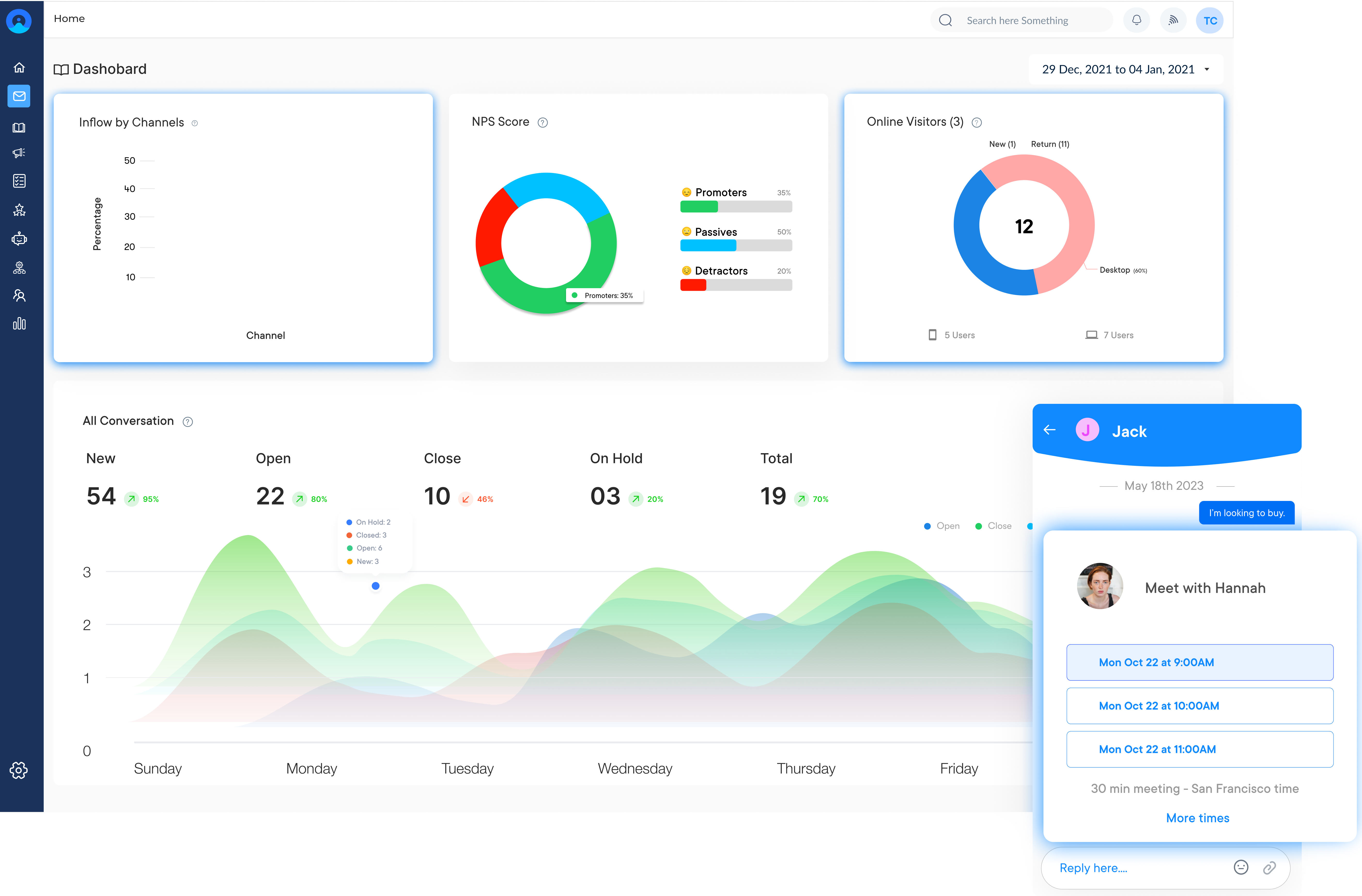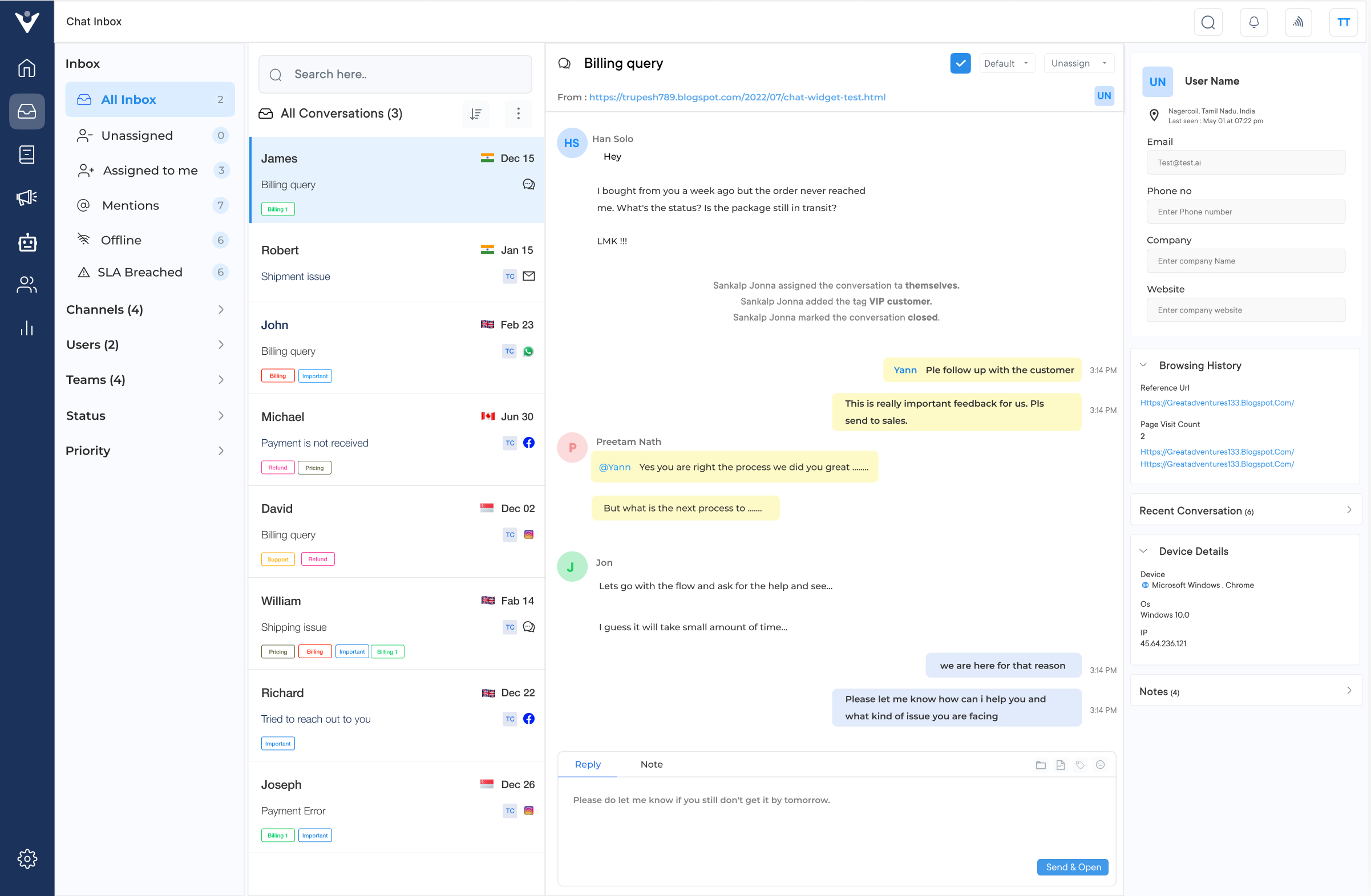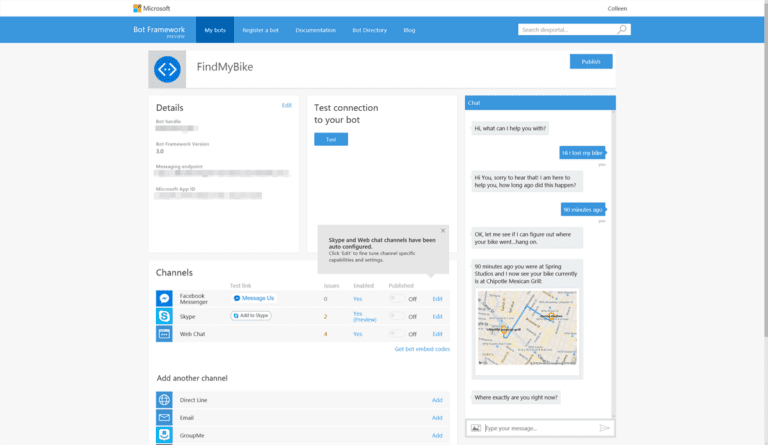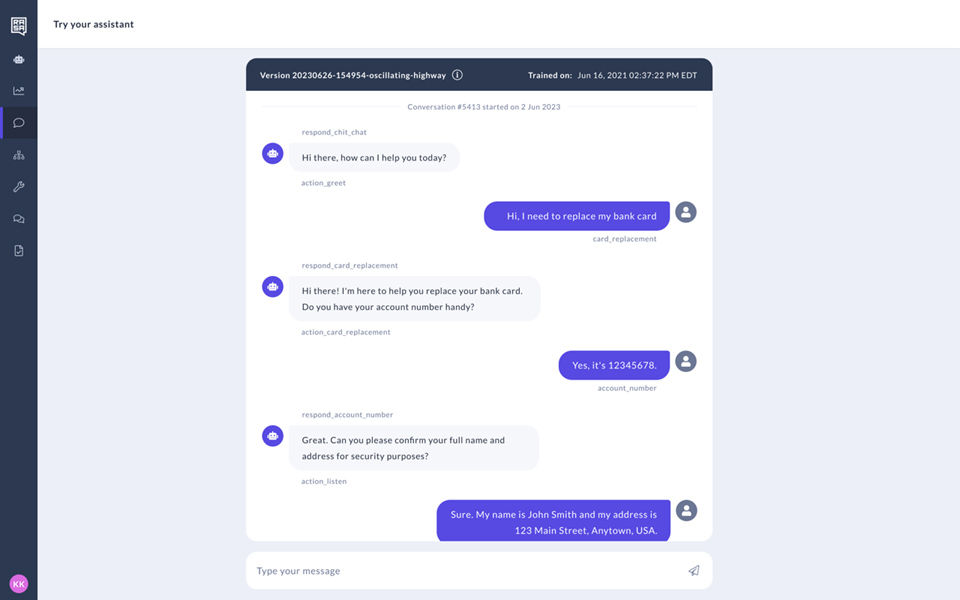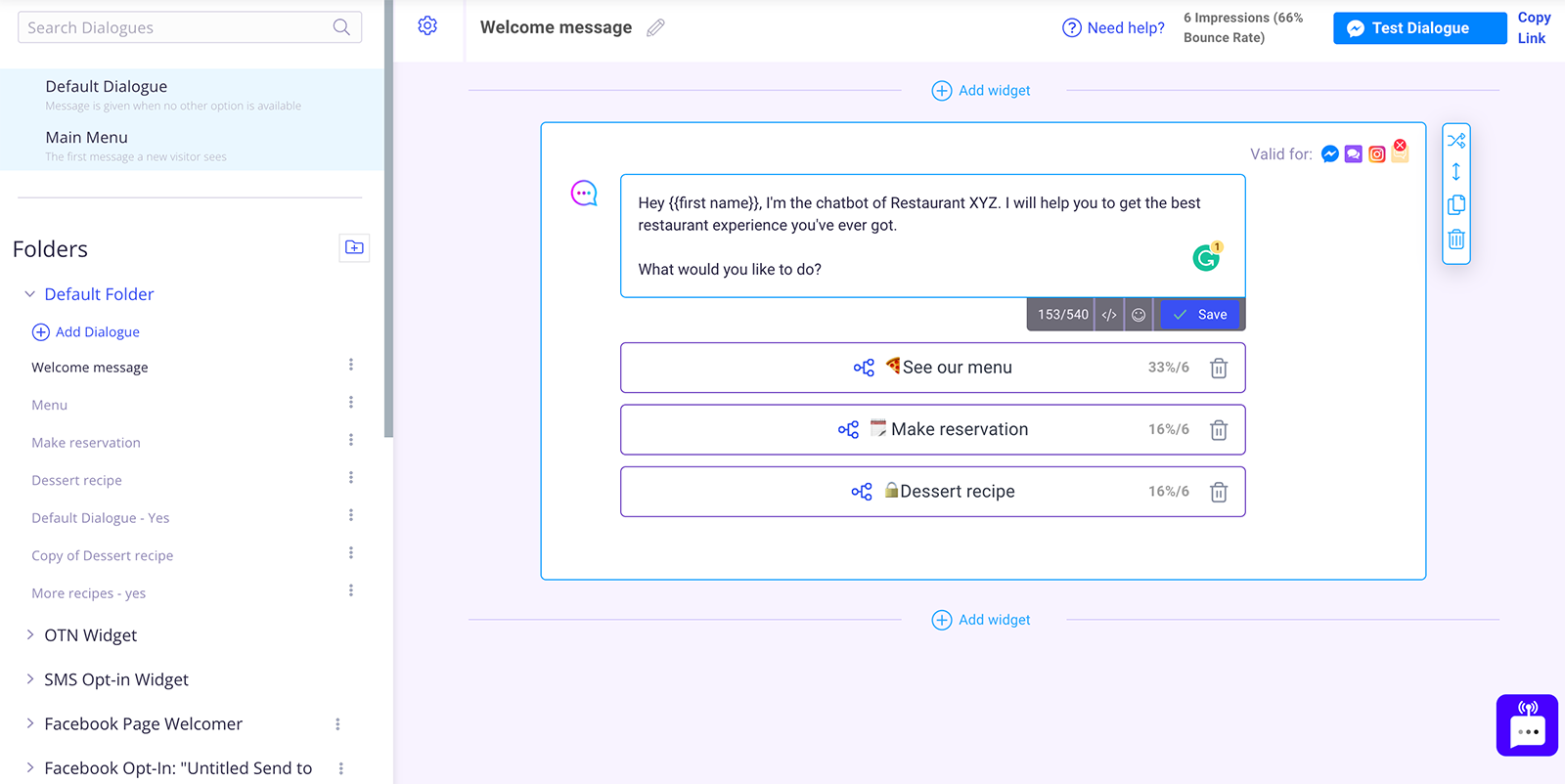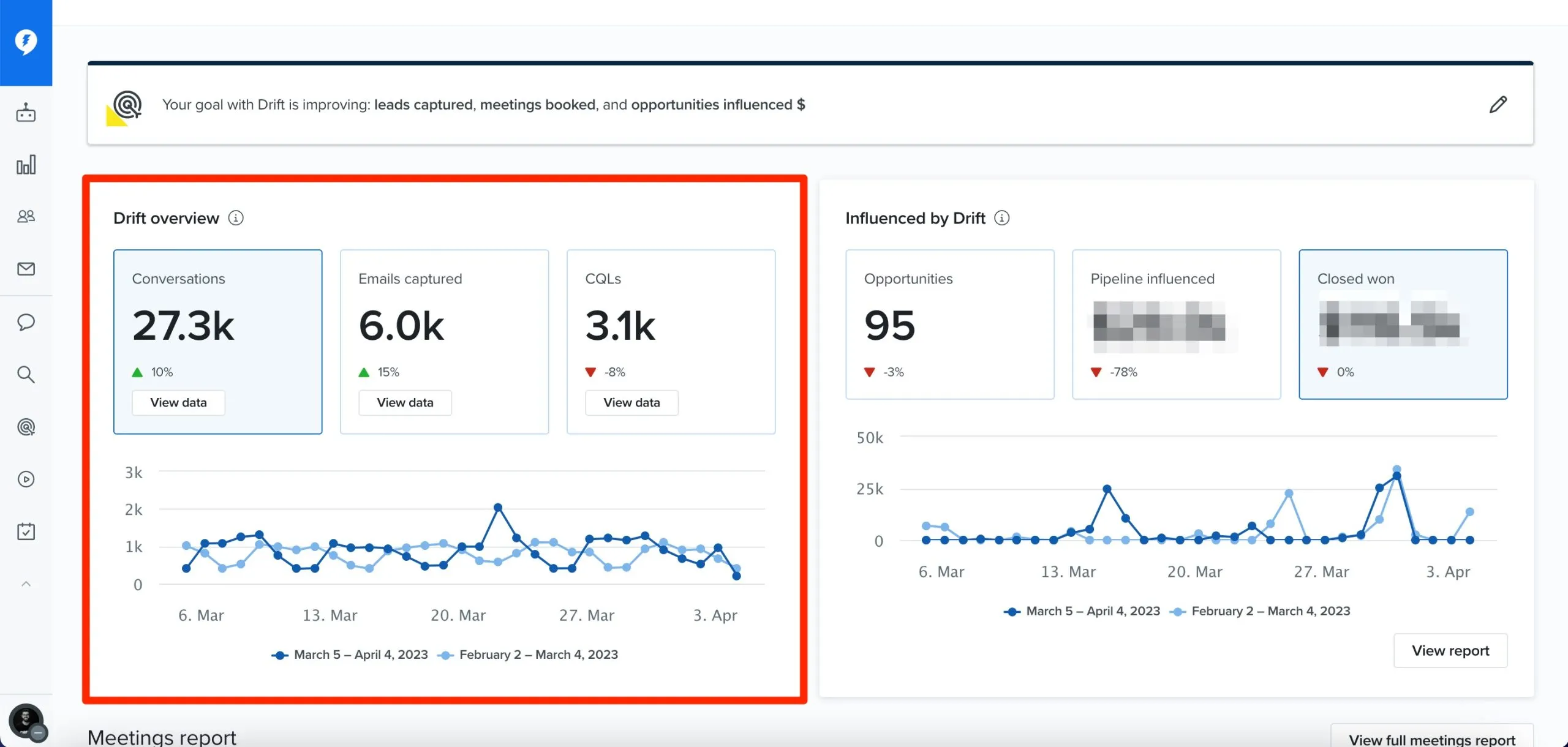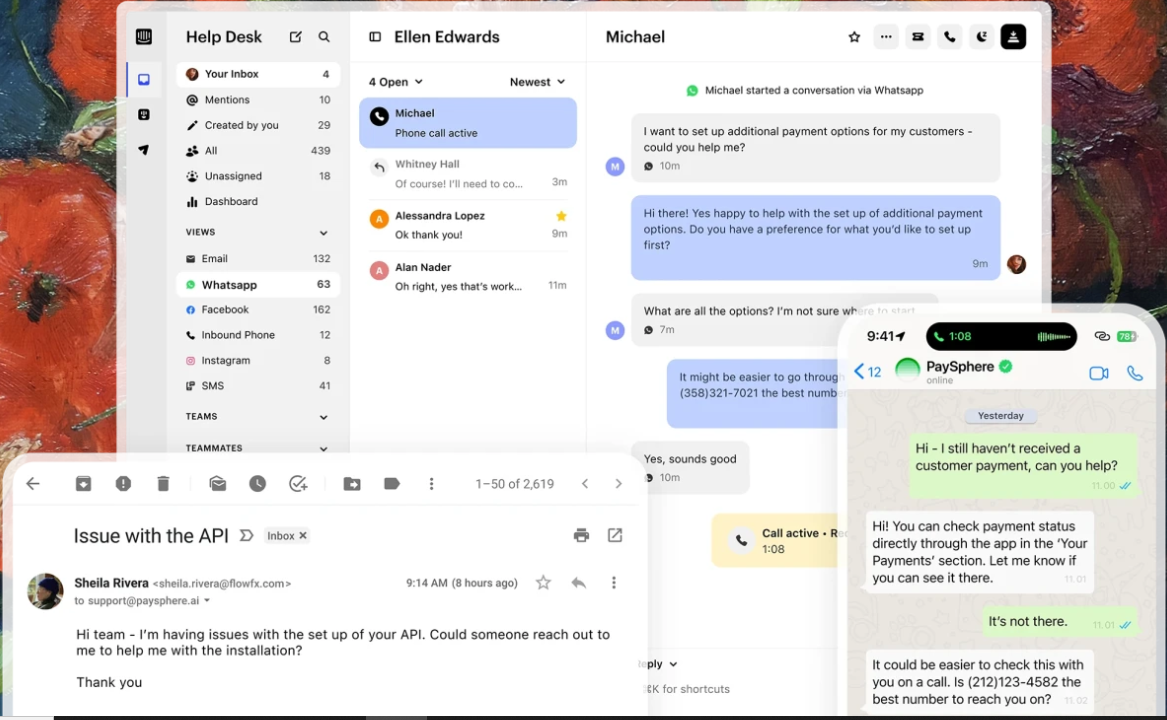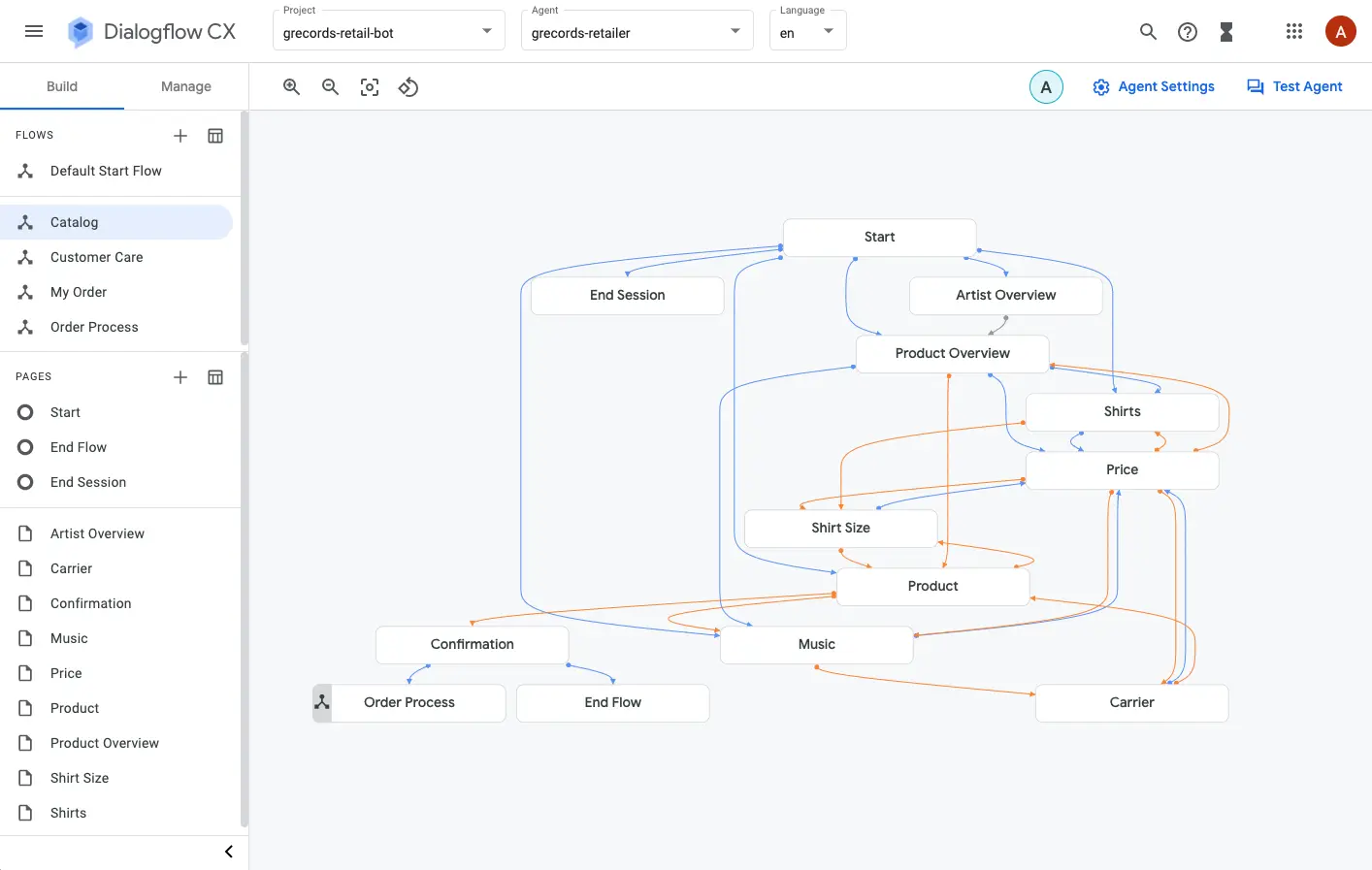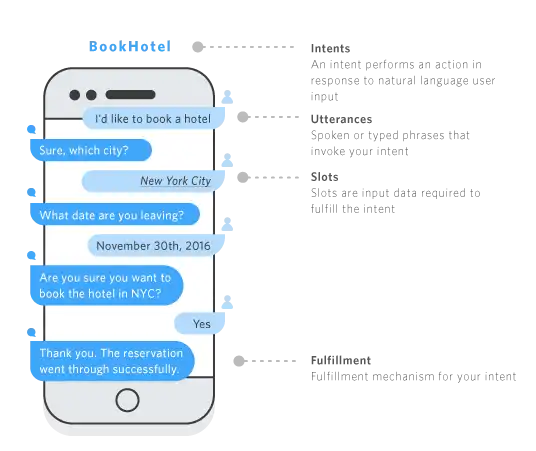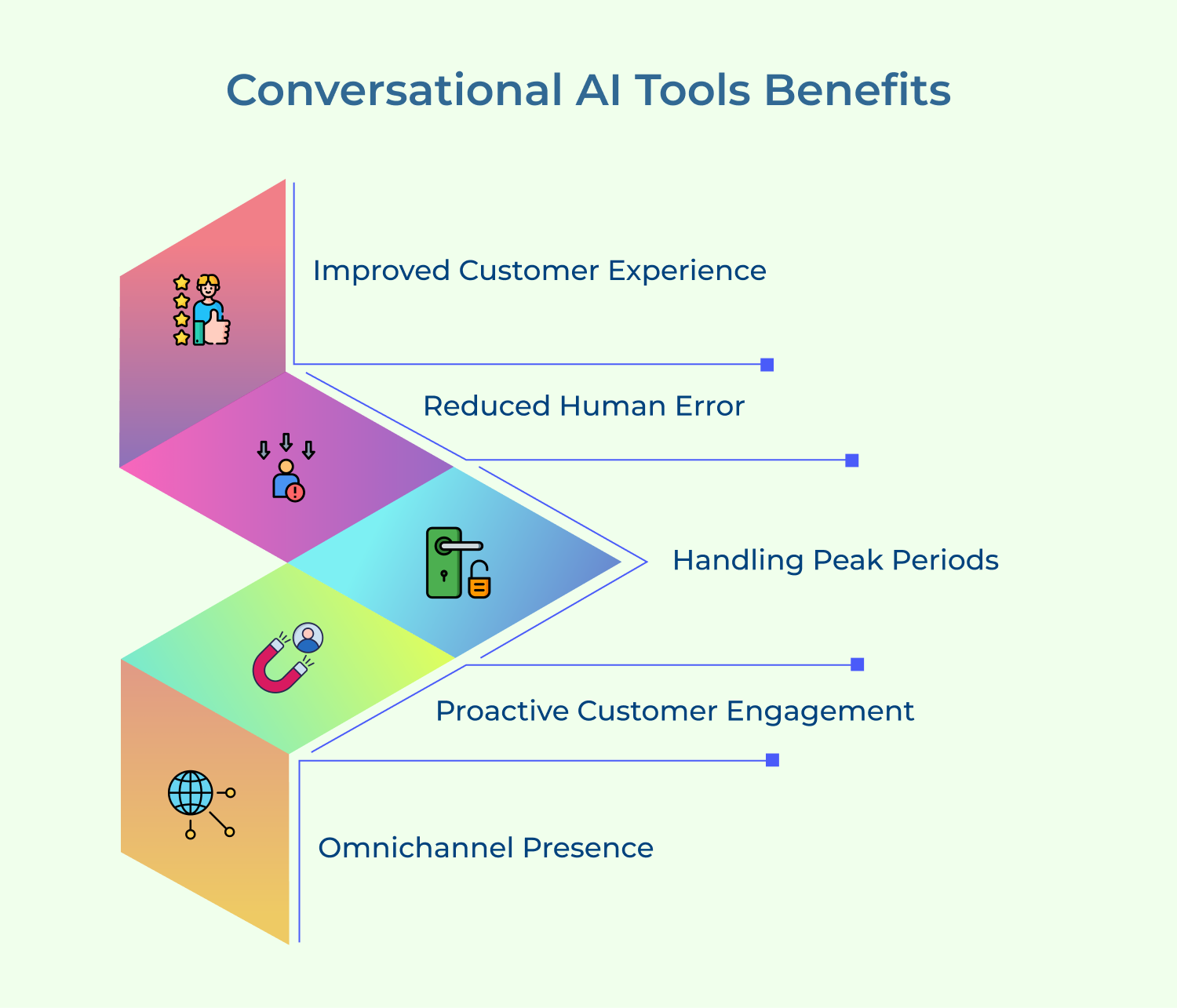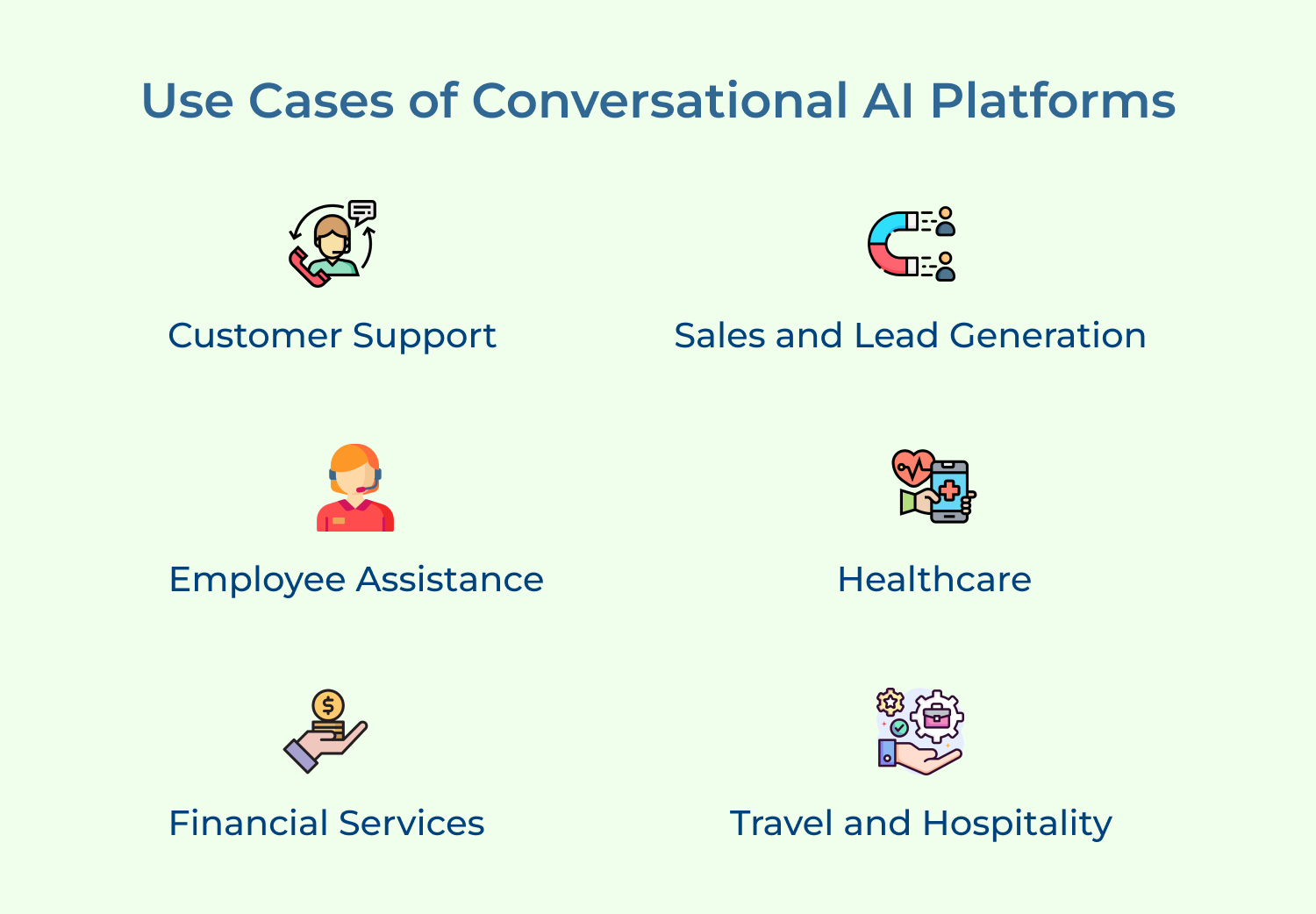1. Natural Language Processing (NLP)
Conversational AI has the ability to understand and interpret human language. NLP and NLU technologies enable these tools to comprehend the context, intent and sentiment behind user inputs, whether they’re typed or spoken.
The advanced capability allows the AI to accurately interpret queries, even when they’re phrased in different ways or contain colloquialisms or industry-specific jargon. Advanced NLP can also handle complex queries, understand nuances as well as maintain context throughout a conversation, making interactions more natural and human-like.
2. Dialog Management
Conversational AI tools excel at managing the flow of conversations. They can handle multi-turn dialogues, maintaining context and coherence throughout the interaction. Dialog management capabilities enable the AI to ask follow-up questions, provide relevant information sequentially, and guide users through complex processes or decision trees.
The dialog management feature is crucial for tasks like troubleshooting, where the AI needs to gather information step-by-step, or for sales processes where the AI might need to qualify leads through a series of questions.
3. Multi-Channel Integration
Modern conversational AI platforms can seamlessly integrate with multiple communication channels. It includes websites, mobile apps, social media platforms, messaging apps, voice assistants and even IoT devices.
The ability to provide a consistent experience across various touchpoints is crucial in an omnichannel customer service environment. Users can start a conversation on one platform and continue it on another without losing context, enhancing the overall user experience.
4. Personalization and Context Awareness:
Advanced conversational AI tools can personalize interactions based on user data, preferences, and interaction history. They can access information from CRM systems, past purchases, browsing behavior and other relevant data sources to tailor responses. The capability enables more relevant and engaging conversations, improving user satisfaction while potentially increasing conversion rates for businesses.
5. Machine Learning and Continuous Improvement:
One of the most powerful capabilities of modern conversational AI is its ability to learn and improve over time. Through machine learning algorithms, these systems can analyze conversations, identify patterns and refine their responses based on successful interactions.
The continuous learning process allows the AI to handle a wider range of queries more accurately over time, adapt to changing user needs and even predict user intents based on historical data.
6. Analytics and Insights Generation:
Conversational AI tools often come with robust analytics capabilities. They can analyze various metrics such as user engagement, common queries, conversation flows and resolution rates. The data provides valuable insights into user behavior, preferences and pain points.
Businesses can use these insights to improve their products, services and overall customer experience. Advanced analytics can also help in identifying trends, predicting customer needs, and informing strategic business decisions.
